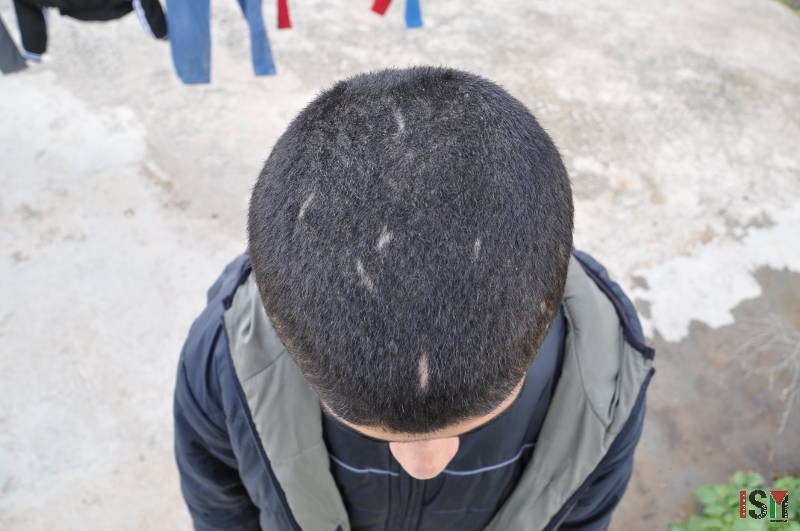Tag: Settler violence
-
Ongoing colonization in Hebron: Israeli forces prepare the illegal invasion of Palestinian houses by Israeli settlers
3rd February 2016 | International Solidarity Movement, al-Khalil team | Hebron, occupied Palestine On February 3rd 2016, Israeli occupation forces violently opened the door of houses in the vicinity of the Ibrahimi mosque by cutting the door locks with a disk grinder, and then entered these houses. The houses are located in al-Sahla Street near…
-
Israeli settlers onces again attack Daraghmah family
24 January 2016 | International Solidarity Movement, Tulkarm Team | Lubban ash-Sharqiya, occupied Palestine On Thursday night, 21st of January, Illegal settlers attacked a Palestinian home in the outskirts of Lubban ash-Sharqiya village. The Israeli settlers threw stones, destroyed surveillance cameras and the Palestinian family also suspects that the settlers poisoned their water tanks. Since…
-
Illegal settlers violently take over two Palestinian houses near the Ibrahimi mosque in Hebron
21st January 2016 | International Solidarity Movement, Al-Khalil team | Hebron, occupied Palestine On 21st January 2016 Israeli settlers from the illegal settlements in occupied al-Khalil (Hebron) gathered in Shuhada Street. From here the settlers went into the Old City of Al-Khalil, where they broke into two houses on al-Sahla Street near the Ibrahimi mosque…



